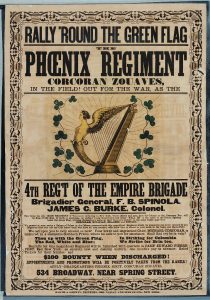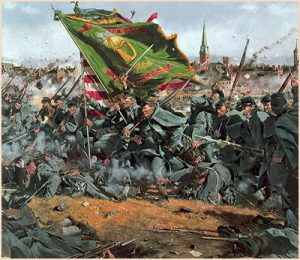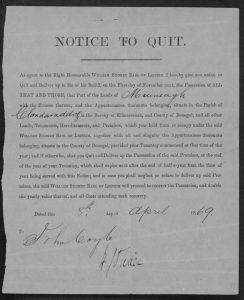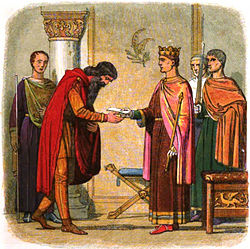If you’ve noticed an uncharacteristic silence from me over the past while, it’s not that I’ve run out of opinions. Fat chance. No, I’ve just signed a contract with National Archives of Ireland to deal with their backlog of user-submitted corrections to the 1901 and 1911 census transcripts. So I’ve been deep in the entanglements of a decade of emails.
It’s not nearly as bad as it sounds. Some of the work can be automated, albeit with lots of convolutions. Inevitably though, a fair amount of squinting at the images is involved.
So here are some preliminary observations from that squinting.

The submitters take the process surprisingly seriously. I had expected to find dozens of corrections to ‘M. Mouse’ and ‘D. Duck’ . Not at all. People seem to feel that what appears on the site is in some way a public memory of their family and they just want that memory to be accurate. Many people also want to take the chance to correct the mistakes their ancestors made. On occasion, long-running grievances are discernible – a head of household’s claim to be the father of children disputed vehemently by a submitter, for example. Unfortunately, that’s not how it works. Whatever appears on the census form – reversed surnames and forenames, forgotten spouses, misspelt occupations, outright lies – is what has to appear in the transcript.
A disproportionate number of corrections come from particular places and classes. Cork people seem especially fussy, as are descendants of members of dissenting sects. Though it’s hardly being fussy to want ‘Independent Rolehash not Connected with any Denommation’ corrected to ‘Independent Protestant not connected with any denomination’.
My favourites are the mistranscribed occupations. Prawn dealer for ‘piano dealer’, terrace lotto worker for ‘terracotta worker’, sister of the Mr Suline order instead of ‘sister of the Ursuline order’, hawker of Irish for ‘hawker of fish’.
And straight from Alice in Wonderland: ‘Instire of the Peacly Tea Merchant‘. Which of course should be ‘Justice of the Peace, Tea Merchant’.
Clearly some people get a little obsessed with the corrections – the same emails crop up again and again: You know who you are. Actually I’m one myself. I’m now dealing with my own emails, which feels a bit ironic.
Finally, some advice if you’re submitting corrections.
Putting the correction in ALL CAPS will not get attention any sooner. Nor will multiple submissions of the same correction. Nor multiple multiple submissions of the same correction. And outrage, though sometimes understandable – ‘They’re all nuns, for God’s sake!‘ – won’t get the changes made.







